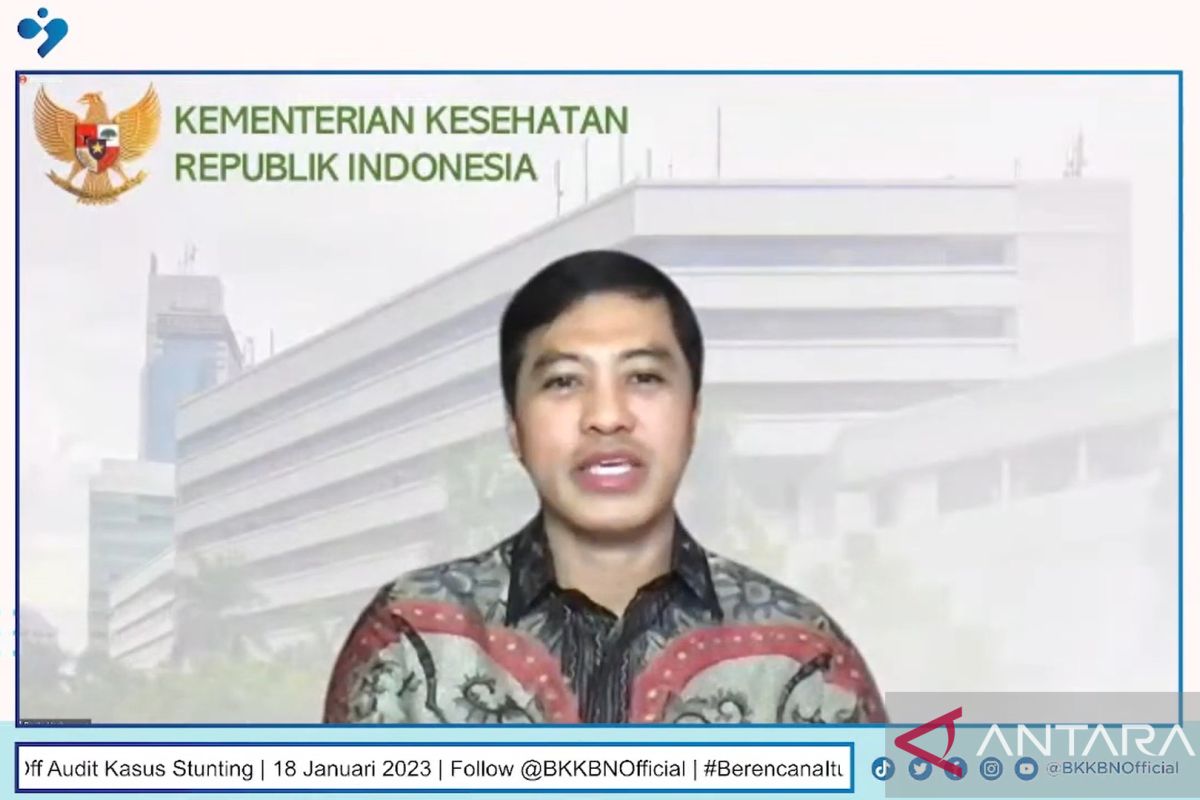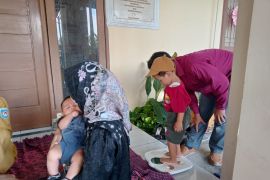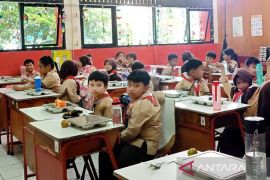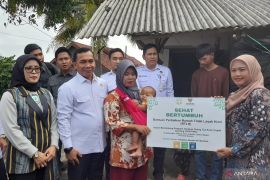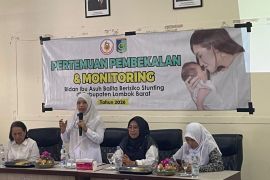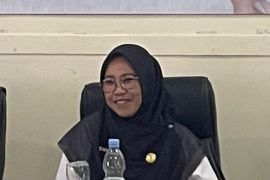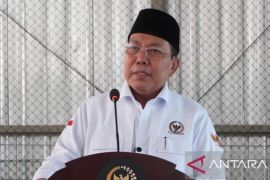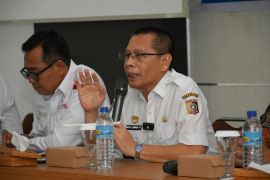Jakarta (ANTARA) - Deputy Minister of Health Dante Saksono Harbuwono has asked that the stunting case audit follow the main duties and functions of each party at the district and city levels.
"The Health Ministry, part of the national stunting reduction acceleration team (TPPS), focuses on solving problems in accordance to the respective main duties and functions," he said at the opening of the stunting case audit here on Wednesday.
The implementation of the stunting case audit is stipulated in Presidential Regulation No. 72 of 2021, he added. The audit is led by the National Population and Family Planning Agency (BKKBN) as the acting chair that mobilizes the TPPS in coordination with the Coordinating Ministry for Human Development and Culture.
Meanwhile, the government has provided family assistance in 12 priority provinces and 14 districts/cities with the aim of exploring sensitive and specific intervention problems and then mapping and finding solutions to them.
Most of the regional TPPS have been formed, but they need to increase their commitment. For instance, each provincial-level TPPS head needs to routinely evaluate the team's performance in the region.
Further, the Ministry of Health is conducting measurable and focused monitoring in the 12 provinces to help identify inputs and outputs to determine the gaps in stunting reduction actions, such as specific interventions involving female teenagers, pregnant women, and toddlers.
Baca juga: Menkeu sebut inflasi hingga "stunting" jadi fokus tahun 2023
Baca juga: Anak stunting berisiko terpapar TBC
The ministry has also recommended fulfilling the facilities for specific interventions against stunting, including the provision of blood supplement tablets (TTD), hemoglobin concentration measuring devices or hemoglobinometers for female teenagers, TTD for USG (ultrasonography) services for pregnant women, and anthropometric kits for toddlers.
Training is also being provided to health workers to increase their capacity to tackle health and nutrition problems by detecting growth problems in children early. The e-PPGBM App is also available for monitoring, data recording, reporting, and following up on toddlers with growth problems.
"My hope is that measurable and focused monitoring can be carried out in mentoring for TPPS so that cross-sector convergence will focus on achieving specific and sensitive intervention targets," Harbuwono said.
Pewarta : Hreeloita S, Kenzu
Editor:
I Komang Suparta
COPYRIGHT © ANTARA 2026
